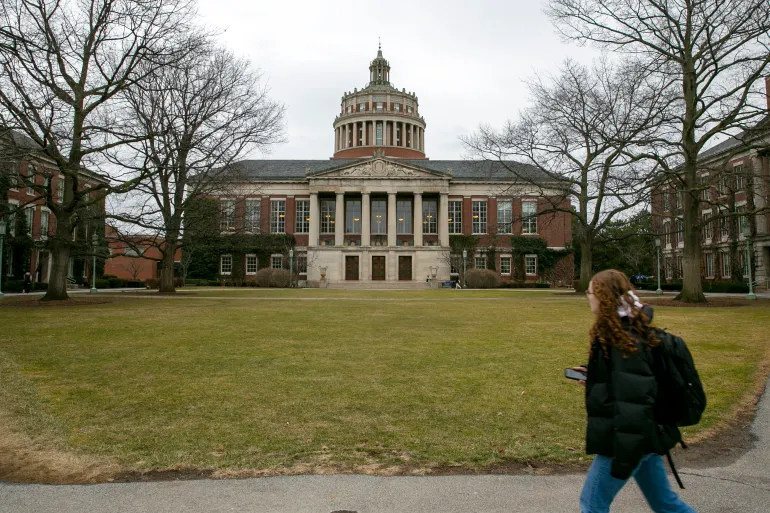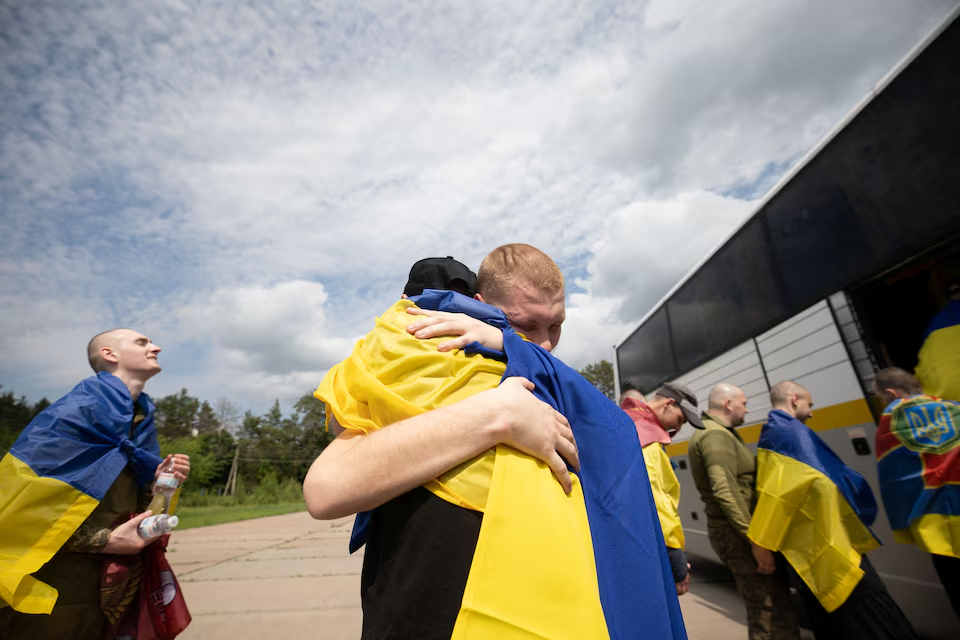Romanians headed to the polls on Sunday to vote in a high-stakes presidential run-off that could reshape the country’s political direction and exacerbate tensions within the European Union. The race pits center-right incumbent President Klaus Iohannis against nationalist-populist challenger George Simion, leader of the far-right Alliance for the Union of Romanians (AUR).
This closely watched election is being seen as a litmus test for the political trajectory of Romania, a key Eastern European member of the EU. The outcome could have far-reaching implications for the country’s rule of law, foreign policy alignment, and stance on controversial issues like immigration, judicial independence, and EU funding compliance.
Simion, a firebrand populist with strong anti-immigration rhetoric and a Eurosceptic platform, has surged in popularity with promises to “put Romanians first” and “resist foreign control.” His campaign has focused heavily on attacking the political establishment and Brussels, accusing them of undermining Romania’s sovereignty.
“This is a vote for dignity and for a country that respects its people—not foreign bureaucrats,” Simion said at a final campaign rally in Bucharest. He has also promised to roll back judicial reforms required by the EU and challenge some aspects of the bloc’s Green Deal policies, which he claims hurt Romanian industry and agriculture.
In contrast, President Iohannis has presented himself as a stable, pro-European figure committed to constitutional democracy and continued integration with the EU. Backed by a coalition of liberal and center-right parties, he has campaigned on his track record of institutional reforms, foreign policy alignment with NATO and the EU, and economic stability.
“The future of Romania lies in a strong, united Europe,” Iohannis told supporters. “We must not abandon our values or our allies in pursuit of short-term populism.”
Pre-election polling indicated a razor-thin margin between the two candidates, raising concerns about voter turnout and post-election unrest. Observers fear that a Simion victory could trigger confrontations with EU leaders, potentially aligning Romania with other Eurosceptic governments like Hungary and Slovakia.
The European Commission has refrained from direct comment on the election but has quietly expressed concern over Simion’s rise. EU officials worry that his presidency could disrupt unity on key policies such as climate change, judicial reform, and migration.
Meanwhile, civil society groups in Romania have warned of increased political polarization and misinformation during the campaign. Several NGOs have reported spikes in online hate speech and the spread of fake news targeting ethnic minorities and the LGBTQ+ community—narratives that have featured prominently in Simion’s campaign rhetoric.
Turnout has been a key variable, with younger, urban voters generally leaning toward Iohannis, while Simion has drawn strong support from rural areas and disenfranchised working-class populations. Election authorities reported steady participation throughout the day, though final figures were not immediately available.
The run-off follows a first round in which Simion narrowly trailed Iohannis, forcing a second ballot that has only intensified the political divide. Voting concluded Sunday evening, with preliminary results expected within 24 hours.
The outcome will not only determine Romania’s internal direction but also signal how strongly populist-nationalist forces are resonating in Eastern Europe amid broader EU debates over sovereignty, rule of law, and climate policy.
As polls closed, Iohannis appealed for unity regardless of the result, while Simion urged supporters to “defend their vote” and remain vigilant. Political analysts warn that the real challenge may begin after the votes are counted—especially if the result is close or contested.
With the EU already grappling with internal fractures, the Romanian election may soon add another fault line to the bloc’s political landscape.
Source: Reuters



